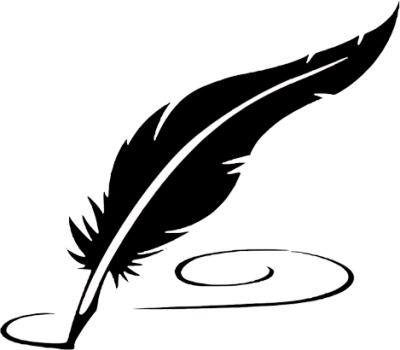Today there is an international feminist takeover of Wikipedia; you can follow it on Twitter using #tooFEW. It was a project proposed by
Moya Bailey, who notes a profound deficit of women’s history and perspectives on the encyclopedia, on which only about 12 percent of content producers are women. I’m still looking for an accounting of how many indigenous people might be contributing.
So I have written my very first, very rudimentary Wikipedia entry, on Cheryl Savageau. Writing for Wikipedia isn’t as easy as blogging, but once you invest a little time, it’s not rocket science, either. (It took me about 3 days to familiarize myself with the site’s basic protocols and markup conventions, just enough to make an article stick–though I obviously have a lot more to learn, and even to do, with this one little article.)
That is one thing I am really coming to admire about the site: that, for all its problems, it at least makes everything–from the authors of its content to its unfolding editorial squabbles–quite transparent. So far, I have also found its frankly stunning phalanx of volunteer editors to be incredibly engaged and welcoming. In less than 20 minutes after I’d posted, one editor had fixed a punctuation error in my title (while I was wrestling with name changes) and politely reminded me that authors’ own publishers aren’t necessarily the most “reliable sources” for information about them. This is really good peer to peer teaching and collaborative knowledge production. And, as Adeline Koh and Roopika Risam have pointed out, there is a real window of opportunity here for ground-up, subaltern knowledge production and dissemination, on a website that is highly consulted, around the world.
Try just registering with Wikipedia and making some small edits to any articles that need them. Which is in fact most of them. This is a huge, crowd sourced project that understands itself as always incomplete, and always in progress. And that’s an admirable thing.
